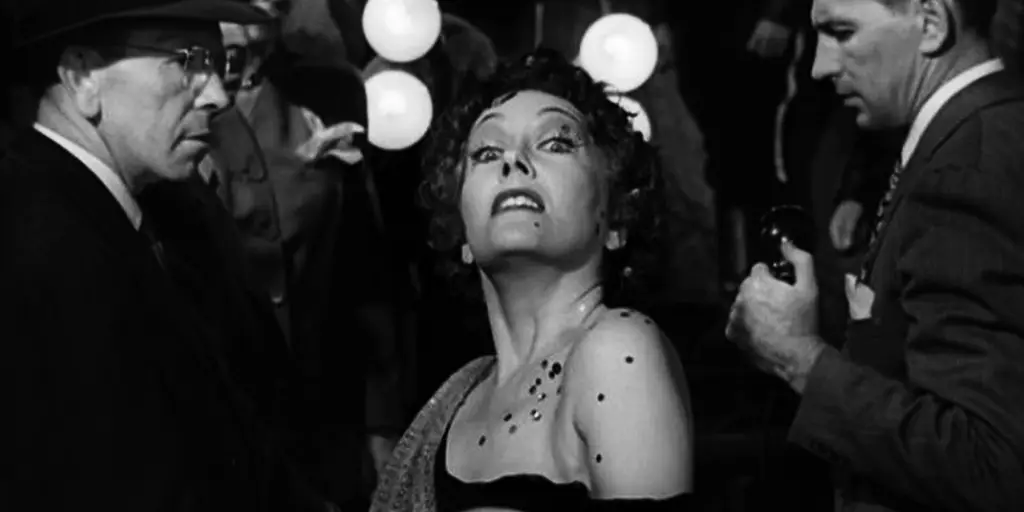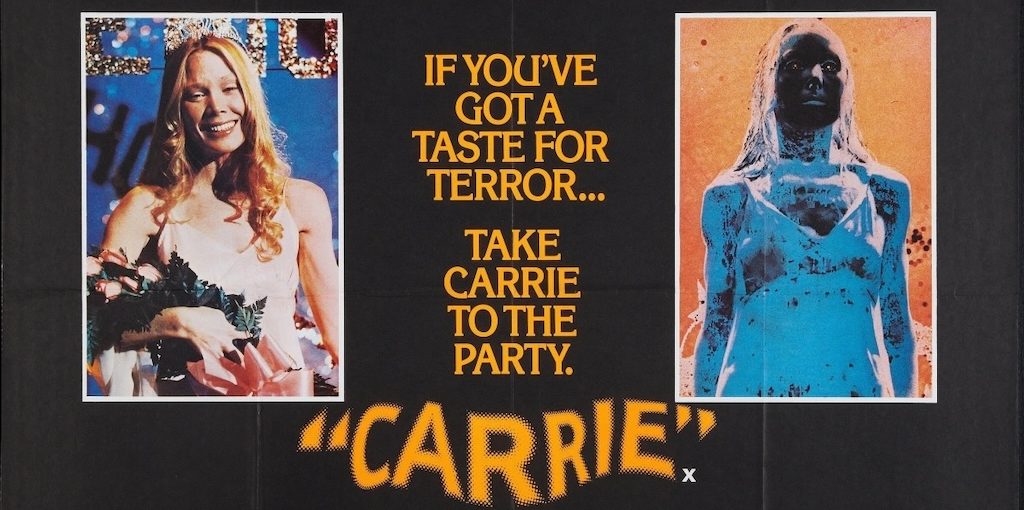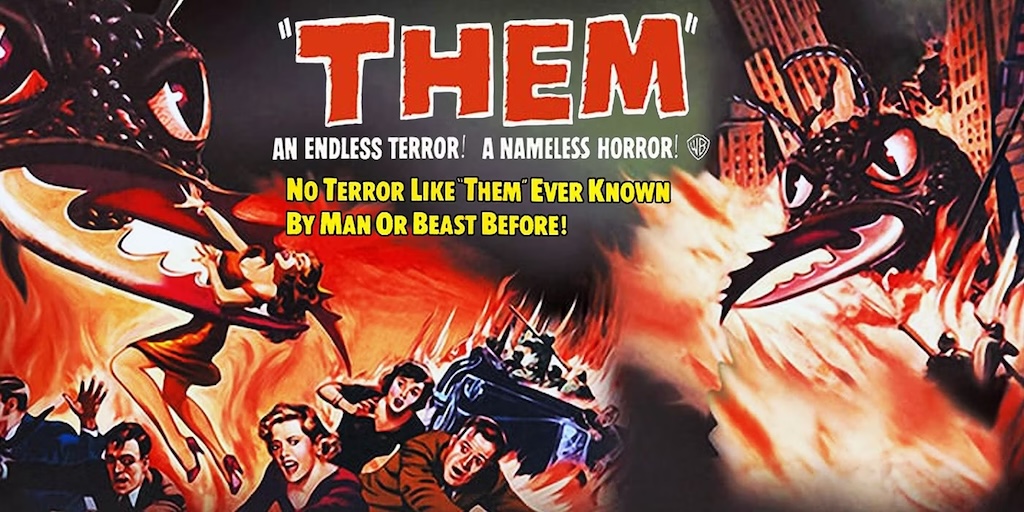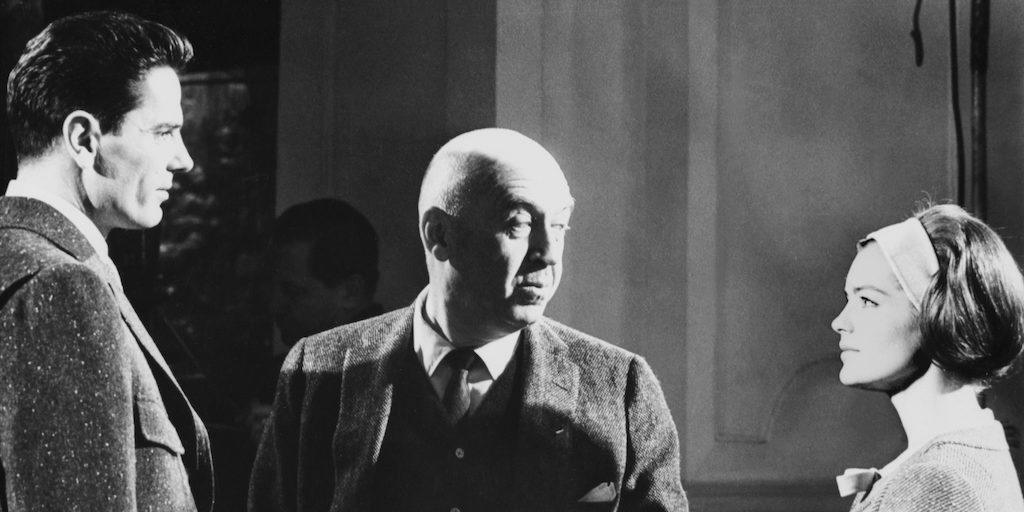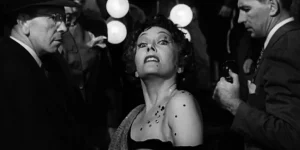Between 2000 and 2004 I dedicated myself to pick out material for the BAFICI and have seen very little cinema from Hollywood. Afterwards, I continued with the abstinence: I grew accustomed to see “festival” movies and I was no longer living in Buenos Aires. Eighteen years went by and one day I woke up thinking I ignored almost everything about the better part of this century’s cinema. Anyhow, I have seen some American movies, even some that I liked (I remained faithful to Eastwood, enjoyed the occasional Spielberg, Kathryn Bigelow’s Zero Dark Thirty, Alfonso Cuaron’s Gravity and a couple more that right now I cannot recall)
This morning the Academy Award nominations were announced and I looked at the list of nominees for Best Picture, knowing I have not seen any of them. In prior years I used to see the winning films and I was left with the sensation that I had lost my time. Suddenly, I remembered that I had seen one of the nominees: Christopher Nolan’s Dunkirk, which I thought to be a vividly illustrated formal screenwriting exercise that brought me a huge deal of boredom. Later on, after someone ranked Nolan as “a master of cinema”, I commented on Twitter that I found the affirmation to be excessive. A small horde angrily answered, reminding me that Nolan was director of masterpieces such as Inception, Memento and something about Batman. I vaguely remembered to have seen a Nolan film where the story is told backwards, just like in a horrible film by Gaspar Noé. I found Nolan’s film to be another exercise in narrative virtuosity lacking of any grace. But this motivated me to see The Dark Knight Trilogy, and remembered that, back at the time, I have enjoyed the second entry in the series, Batman Returns, directed by Tim Burton. But that was 1992, almost a whole lifetime ago. While I was at it, I recalled to have seen something by Burton lately, but I did not think much of it. He was a director who I had admired at some other time. One thing led to another and ended up thinking that perhaps there was not any directors to be admired anymore.
Of course, this theory can be easily refuted: everybody loves David Lynch. But the admiration for Lynch is not so much a cinephile admiration but a cultural reverence of which it is impossible to escape within certain social and age groups. Lynch is a cultural idol, he is what Picasso or Bowie were in their time. The love for David Lynch (who also films series, a format with a large penetration among those who define taste tendencies) resembles very little to the love for John Carpenter. In cinema there are precedents of directors whose greatness is supported on the belief that they are beyond cinema. Tarkovsky can be a good example of this. Back then, I have met many people who were not interested in cinema, but were willing to give their lives for Tarkovsky. What I mean is that the love for Carpenter is a cinephile love, something that has a lot to do with a love for that which is hidden, for that which is cast aside.
Cinephilia as we understand it (although is possible for it to be something else by now, or even ceased to exist) has a history whose beginning are located by some at last century’s post-war, but had a clear manifestation in the fifties, when the critics at Cahiers du Cinéma (who later would conform the Nouvelle Vague) chose a group of filmmakers and saw in them the very heart of the cinema that was worthwhile in opposition to the one limited to the cultural gesture of prestige (the very loathed cinéma de qualité). The chosen filmmakers were several, but four were especially representative. On the European side, Renoir (the purified, nobler French tradition) and Rossellini (the most innovative and sophisticated side of neorealism). On the American side (and this was the shock of the election), Hawks and Hitchcock, two filmmakers considered mere craftsmen working under contract for the big entertainment machinery. The cinephilia (and this crossed election proves so) starts when the dogma of the division between art and entertainment falls down. Actually, this barrier has not fallen yet and it can be noticed every time a critic speaks about films made for sophisticated audiences.
Curiously, the cinephile thinks the same, but in the opposite way: the sophisticated audience is not one to admire what the culture imposes as elevated but that what escapes the censor radar of what it is consensually established as high art. It is not necessarily about admiring low art (that is aesthetical populism, which continues to be practiced as well) but accepting, as Truffaut would say, that “All movies are born the same”. It is the task of the cinephile to tell apart those who acquire a nobility that does not come from origin: if it is low or high matters very little in the cinephile democracy.
As we said, cinephilia implies from its origin the unrestricted defense of certain names. It is what came to be known “the auteur’s policy”, a concept that today is not held in value, but was the impulse that fed cinephilia until the end of the 20th century. But what came after? How many heirs to Renoir and Rossellini are out there that later became the Ozus, Godards, Straubs, Kiarostamis or Oliveiras? The tradition perhaps continues with Hong Sang-Soo or Apichatpong. But I do not know if there are today working equivalents of the low branch: we do have heirs to Hitchcock, Ford, Walsh, Lubitsch or Jerry Lewis. I do not know if there are young directors capable of making genre and “auteur” films outside of Asia. People who have not seen the cinema of today sustain there are not filmmakers of that caliber anymore, owners of a style or a look of their own about cinema that can be traced in all their filmographies. Even many agree (I have been told so by a very popular Argentinian filmmaker and the director of a festival on the same day) that the last talented filmmakers with the calling of being free started to make films in the early years of the 21st century and afterwards presented no major novelties on that subject. This afternoon a conversation between critics on Twitter was capped off with a line that said, contrary to popular belief, that criticism continues to be a very passionate activity, but the problem lies in that the pictures got small, as Gloria Swanson would say in Sunset Boulevard.
These columns propose to unearth the truth in these rumors, to answer some of these questions, exploring what I have not seen in the last years. I will try to look, in a monthly basis, to recover what I might have lost and, at the same time, trace the elements that might establish a cinephilia of the 21st century, which aims to keep the idea that films have someone who is responsible, but goes beyond the random choice of names whose adoration hardly qualifies to elaborate a consistent discourse about today’s cinema. Let’s see what happens.

